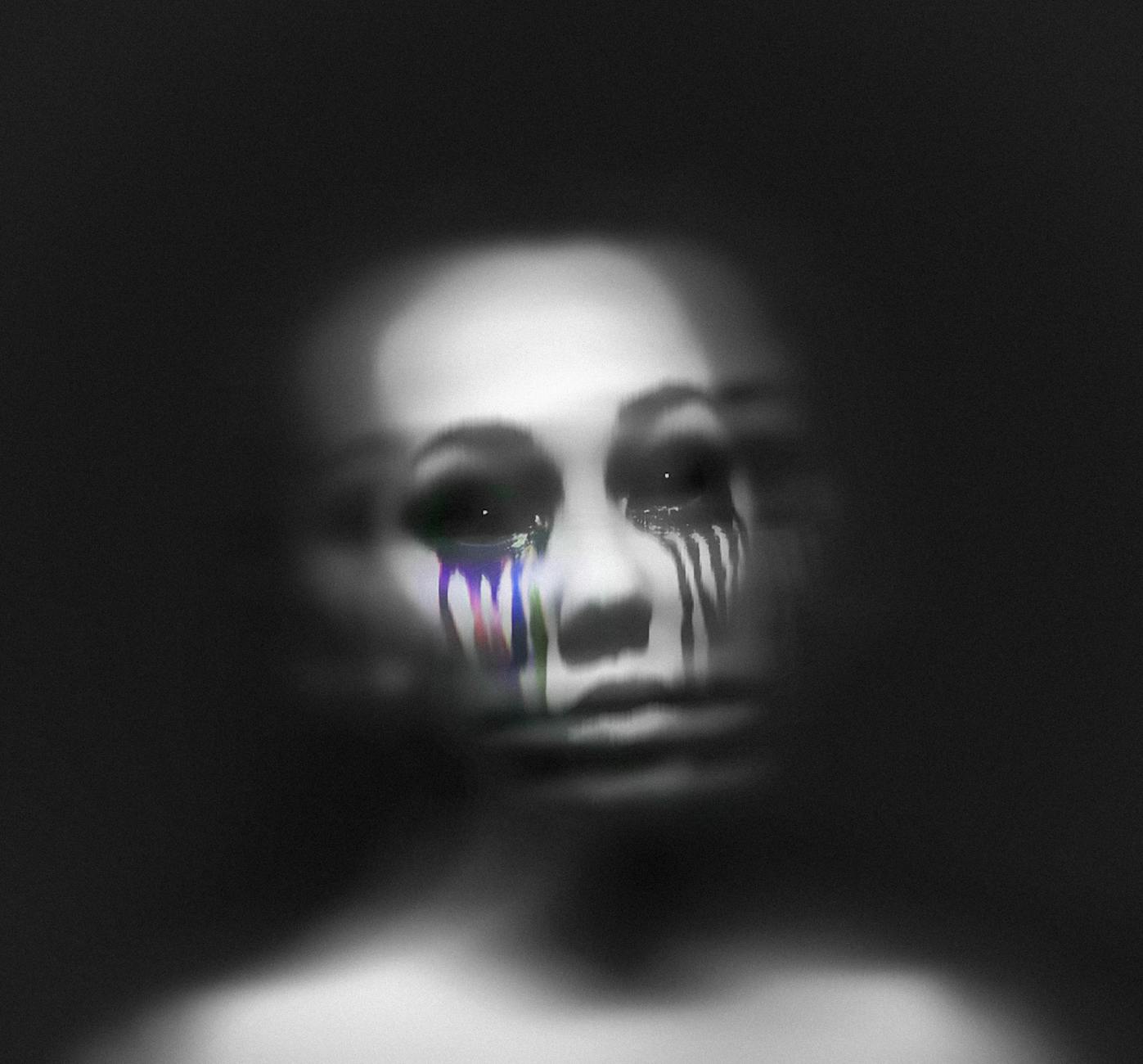
Forget capes and crowded universes for a moment – it seems vampires, zombies, and the Grim Reaper are unexpectedly breathing new life into movie theaters. Industry insiders are pointing to horror as a surprising savior for the cinema experience at a time when some audiences are feeling fatigued by endless superhero sagas, reboots, and sequels.
The numbers tell a compelling story. This year, horror flicks have snagged a significant 17% slice of North American ticket sales, a notable leap from 11% just last year and a mere 4% a decade ago, according to exclusive data from Comscore. Successes like "Sinners," "Final Destination: Bloodlines," and anticipated releases such as "The Conjuring: Last Rites" and "Five Nights at Freddy’s 2" are giving theater owners a reason to smile.
Venue owners are actively looking to the genre. One cinema owner in Georgia noted they've specifically targeted horror for growth, finding it capable of filling programming gaps effectively.
Experts suggest that horror's enduring appeal lies in its ability to offer a safe space to confront contemporary anxieties. From global pandemic aftershocks and AI fears to concerns over bodily autonomy and societal issues like racism, the genre provides an outlet for processing difficult subjects. Film data analyst Stephen Follows calls it "cathartic" and points out that horror films offer a contained emotional journey with a definite conclusion.
Financially, horror productions often operate on more modest budgets compared to massive tentpole blockbusters. This lower-stakes environment allows filmmakers greater creative freedom, attracting acclaimed directors like Ryan Coogler, Jordan Peele, and Guillermo del Toro. A senior media analyst at Comscore highlighted that scary movies can be incredibly effective even without huge costs, citing films like "Weapons."
Audiences are clearly responding. Ryan Coogler's original vampire story, "Sinners," starring Michael B. Jordan, ranked as the third highest-grossing movie in the US and Canada this year. This success demonstrates horror's power to draw people out of their homes, a key challenge for theaters still recovering from the pandemic shift to increased at-home viewing.
The appeal of horror extends globally. Last year, roughly half of major US distributor horror releases earned 50% or more of their box office revenue from international markets. The horror hit "The Substance," for example, grossed over $77 million worldwide, with a large majority coming from outside the US.
Streamers are also capitalizing on the genre's popularity. AMC's "The Walking Dead" became a massive hit on Netflix, racking up billions of viewing hours. Guillermo del Toro's upcoming "Frankenstein" adaptation is also eagerly awaited on a streaming platform.
The movie theater setting seems particularly well-suited for horror. Producers like Blumhouse CEO Jason Blum argue that the shared, dark environment, free from phone distractions, enhances the jumps and screams in a way that watching at home simply cannot replicate.
While traditional blockbusters like superhero films and animated features remain crucial for theaters, horror has been steadily building momentum in the background. The genre first crossed the $1 billion mark in the US and Canada box office in 2017, boosted by hits like the adaptation of Stephen King's "It" and Jordan Peele's critically acclaimed "Get Out."
Production of US horror films has seen a notable increase, rising annually over the past three years, including during periods when the Hollywood strikes impacted other productions. Last year alone saw a 21% jump in the number of horror films going into production compared to the previous year.
One researcher highlighted in an Ampere report that unlike some struggling arthouse or even tentpole franchises, horror remains a genre audiences consistently prioritize seeing on the big screen. Consumer surveys indicate that horror is the favorite genre among a significant portion of younger movie-goers aged 18 to 24. Warner Bros. co-chair Mike De Luca humorously noted that horror is a "great film-going experience to take a date to" because it encourages audiences to huddle together and react audibly.
Horror has been a cinematic fixture since the early days of film, though it didn't always receive critical acclaim, sometimes viewed historically as akin to a "freak-show." This perception began to shift with iconic films like "Psycho," "The Exorcist," and "The Shining," and Steven Spielberg's game-changing monster movie "Jaws."
More recently, horror has broken into the awards conversation. Jordan Peele won an Oscar for his original screenplay for "Get Out," and Demi Moore received an Oscar nomination for her role in "The Substance" this year, showcasing the genre's evolving artistic recognition.
However, success isn't guaranteed for every horror title. The sequel to the low-budget hit "M3GAN," "M3GAN 2.0," saw a more modest opening weekend compared to its predecessor, demonstrating that even popular franchises can have varied results.
Moviegoers can expect plenty of scares this summer, with seven horror films scheduled for release before Labor Day weekend, including a reboot of "I Know What You Did Last Summer" and the film "Weapons." Studio executives emphasize that the best horror films create a collective, visceral reaction in the theater, making audiences squirm, laugh, or scream together for a truly engaging experience.





.jpg)
 Entertainment, Lifestyle, Everything
Entertainment, Lifestyle, Everything
No comments
Post a Comment